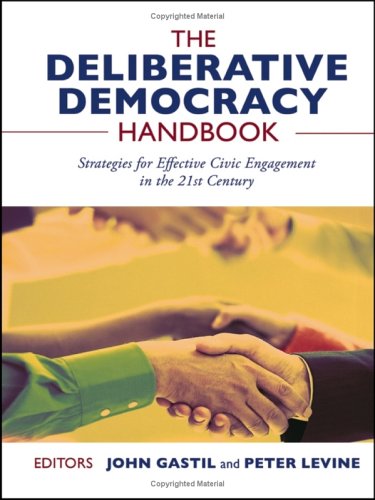- Facebook24
- Total 24
I must admit that I have neglected gender as an issue in youth civic engagement. My organization (CIRCLE) generally focuses on common behaviors, like voting and community service, and on political knowledge and attitudes as assessed by surveys and tests. On all those measures, young women are somewhat ahead of young men, much as one might expect since young women do somewhat better in school and college. I have obviously been aware that Congress and other powerful institutions are dominated by men, but I chalked that up to campaign finance and other flaws in the political system. Our work is concerned with young people rather than systems, so I thought we could contribute little to the problem of gender inequality in politics.
But CIRCLE’s led researcher, Dr. Kei Kawashima-Ginsberg, recently presented at a White House Conference on Girls’ Leadership and Civic Education. In preparing to present, she analyzed survey data and revealed troubling patterns. Basically, young women are more “civically engaged” than young men but much less confident in their own ability to hold leadership positions and less likely to pursue leadership roles. Below is just one example of a troubling result. By the time men leave college, almost one third place themselves in the top 10% for leadership, and that rate has risen since freshman year. Less than one in five women rate themselves that high, and that rate falls from freshman to senior year.

See this page for Kei’s fact sheet and links to other CIRCLE materials. We also propose some strategies for addressing the problem. If you are interested in discussing the issue with a very well-informed group, please consider attending this year’s Frontiers of Democracy conference, which will include a learning exchange on gender.


